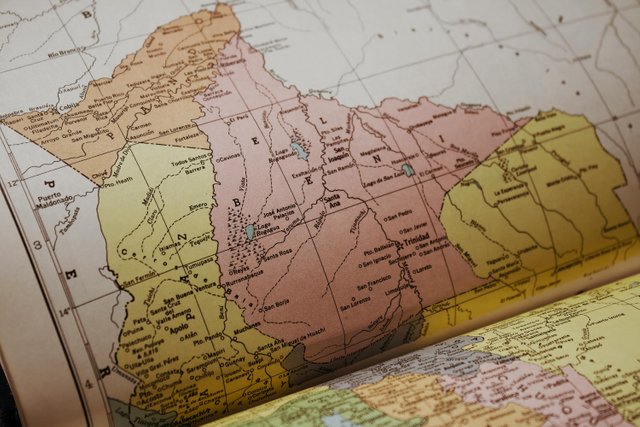Building a Career in Geography: Essential Skills and Knowledge for University Graduates
Have you ever thought about how everything works? If so, geography might be the right subject for you. Geography isn't just about places and maps; it's also about knowing how people connect with their surroundings and how the Earth works as a whole. Geographers are becoming more and more important in today's world, which changes quickly. This article will teach college graduates the most important skills and facts they need to know to have a good job in geography.
Understanding the Field of Geography
Physical geography focuses on the natural aspects of the Earth. This includes studying climates, landscapes, ecosystems, and how they change over time. It's about understanding the physical processes that shape our planet. On the other hand, human geography examines the relationships between people and their environments. This branch looks at urban development, cultural landscapes, and economic activities, helping us understand how human actions influence the world.
Tips for University Graduates
Gaining Practical Experience
Practical experience is invaluable for geography students. Internships and volunteer opportunities provide hands-on learning and exposure to real-world challenges. Engaging in fieldwork and research projects during your studies can significantly enhance your skills. When tackling complex tasks, assistance tools can be incredibly helpful. Many students seek geography assignment help to navigate challenging projects and achieve better outcomes. Part-time jobs related to geography, such as working in environmental organizations or urban planning firms, also provide practical insights and build your resume.
Leveraging University Resources
Universities offer a wealth of resources to support your career journey. Utilize career services and counseling to explore job opportunities and receive guidance on career planning. Engage with faculty and alumni networks to build connections and gain insights from their experiences. Participating in geography clubs and student organizations can also enhance your skills and broaden your professional network.
Essential Skills for Geographers
To thrive in geography, university graduates need a blend of technical, analytical, and research skills.
Technical Skills
Geographers today need to know how to use GIS apps and tools. These tools make it possible to see and analyze spatial data, which makes complicated data easier to understand and use. It's just as important to know how to gather and analyze data using methods like remote sensing. Geographers need these basic skills to collect the correct data and draw useful conclusions from their research.
Analytical and Research Skills
Geographers need to be able to think critically and solve problems well. These skills are very important, whether you're looking at trends of urban growth or the effects on the environment. Research methods and techniques for working in the field are also very important. Geographers do a lot of field research, and to correctly analyze their results, they need to know a lot about both quantitative and qualitative analysis.
Knowledge Base for Geographers
A robust knowledge base underpins a successful career in geography, encompassing both foundational concepts and interdisciplinary knowledge.
Foundational Concepts
Geographers need a firm grasp of earth systems and environmental science. This includes understanding the physical processes that drive weather, climate, and natural disasters. Additionally, familiarity with human geography theories and models is essential for analyzing spatial relationships and human activities. Knowledge of geopolitical and economic geography helps geographers comprehend global patterns and trends.
Interdisciplinary Knowledge
Geography is inherently interdisciplinary, intersecting with fields like sociology, economics, and environmental science. Understanding global issues, such as climate change and urbanization, requires a holistic approach that integrates various perspectives. Awareness of cultural and political contexts is also vital, as these factors significantly influence geographical patterns and processes.
Building a Successful Career in Geography
A career in geography offers diverse pathways and opportunities, from academic roles to positions in government and the private sector.
Career Paths and Opportunities
Students can study and look for jobs in college after they graduate, which will help people learn more about the area. You can also work for the government or a non-profit in environmental management, urban planning, and community development. Geography graduates have a lot of options because work in urban planning, environmental advice, and GIS technology is in high demand.
Networking and Professional Development
Networking is crucial for career growth. Joining professional organizations, such as the American Association of Geographers (AAG) or the Royal Geographical Society (RGS), can open doors to valuable resources and connections. Attending conferences and workshops is an excellent way to stay updated on industry trends and advancements. Pursuing certifications and continuous learning ensure that geographers remain competitive and knowledgeable in their field.
Conclusion
Geography is a difficult and satisfying field to work in. University graduates can help understand and solve some of the world's most important problems if they have the right skills and information. Always be willing to learn and change, and keep in mind that the trip in geography is as big and different as the places you will study. Your love for the subject will be your compass, bringing you to a job that makes a difference.
